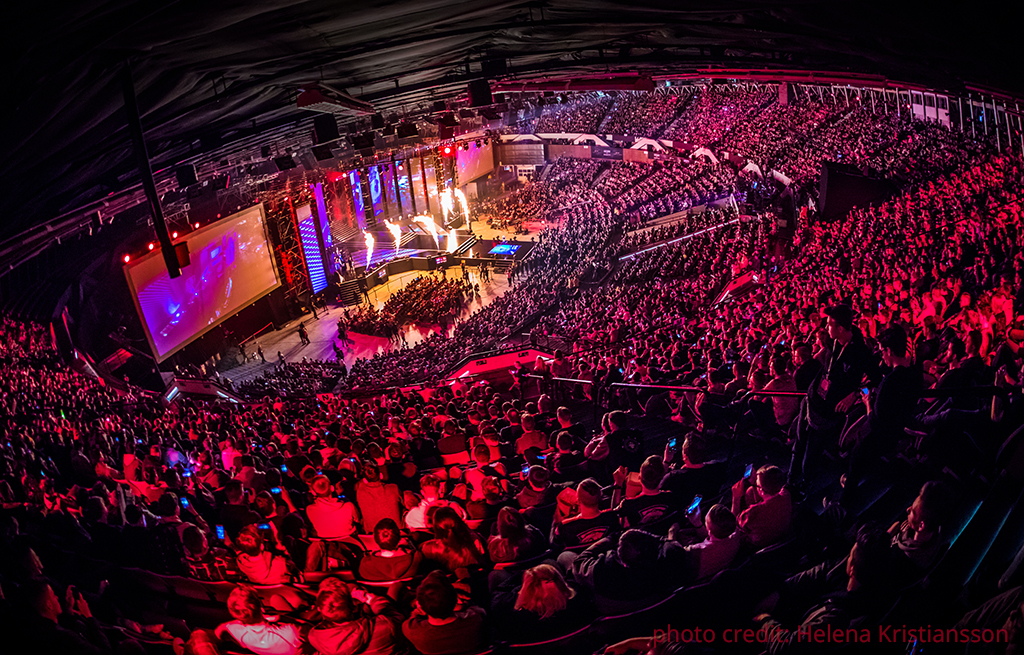Chunai Updates
Your go-to source for the latest news and insights.
CSGO Major Championships: Legends or Myths? Unraveling the Truth Behind the Hype
Discover the truth behind CSGO Major Championships! Are the legends real or just hype? Unravel the mystery in our latest blog post!
The Rise of CSGO Majors: Legendary Moments That Shaped the Game
The journey of CS:GO Majors began in 2013, marking a significant turning point for competitive gaming. These tournaments have not only elevated the game’s profile but have also provided a platform for players to showcase their exceptional skills. Among the many legendary moments, the final of the CS:GO Major Championship in 2018 stands out, where Cloud9 made history by becoming the first North American team to claim a major victory. This unexpected win echoing through the halls of esports, left fans breathless and certainly reshaped the landscape of competitive Counter-Strike.
As the CS:GO Majors evolved, they became more than just tournaments; they transformed into events that encapsulated the passion and dedication of the esports community. Take for instance the legendary comeback by Fnatic in the 2015 Major, where they won against LDLC in a thrilling final that showcased skill, teamwork, and resilience. Moments like these have solidified the CS:GO Majors as unforgettable milestones, influencing both aspiring players and the current esports market. The combination of high-stakes competition and unparalleled fan engagement continues to drive the game's popularity, ensuring that the legacy of these majors will endure for years to come.

Counter-Strike is a popular first-person shooter game that pits terrorists against counter-terrorists in a variety of objective-based scenarios. Players can enhance their skills and knowledge of the game by taking a CS2 Quiz to test their understanding of strategies and maps. This competitive game has a vibrant community and regularly hosts tournaments worldwide.
Mythbusting CSGO Championships: What Fans Get Wrong
The world of CSGO Championships is often shrouded in misconceptions that can mislead both casual viewers and die-hard fans alike. One common myth is that only the most skilled professional players are the ones who achieve success in tournaments. However, many teams rely on effective communication, strategy, and teamwork, which can sometimes outweigh individual skill. In fact, the dynamics of a team can significantly affect the outcome of a match, proving that success in CSGO Championships is not solely about individual prowess but also the collective effort of the squad.
Another popular misconception is that the CSGO Championship scene is entirely monopolized by a few leading teams, rendering it predictable and boring. In reality, the competitive landscape is constantly evolving, with rising teams challenging established juggernauts, often leading to unexpected upsets. Fans fail to recognize that every tournament can bring a fresh surge of talent, making every match a thrilling experience. The unpredictability of CSGO Championships keeps viewers engaged and underscores the importance of support for emerging teams in the scene.
Are CSGO Majors Truly the Pinnacle of Esports?
The CSGO Majors represent a significant milestone in the world of esports, often regarded as the pinnacle of competitive gaming. With teams from all over the globe competing for not just accolades but also substantial prize pools, these tournaments highlight the skill, strategy, and sheer dedication of the players involved. Each Major serves as a culmination of months of training and preparation, showcasing the best talent in Counter-Strike: Global Offensive. Fans eagerly anticipate these events, which attract millions of viewers, further solidifying the position of CSGO as a leading title in the esports arena.
However, the discussion about whether CSGO Majors truly represent the peak of esports isn't without debate. Other esports titles, such as League of Legends and Dota 2, offer their own prestigious tournaments that not only rival CSGO’s in terms of viewership but also often feature larger prize pools. Additionally, the accessibility and inclusivity of games can affect their stature in the competitive scene. Ultimately, while CSGO Majors undeniably hold a prestigious place in esports, the dynamic nature of the industry means that definitions of ‘pinnacle’ may evolve as new games and tournaments emerge.